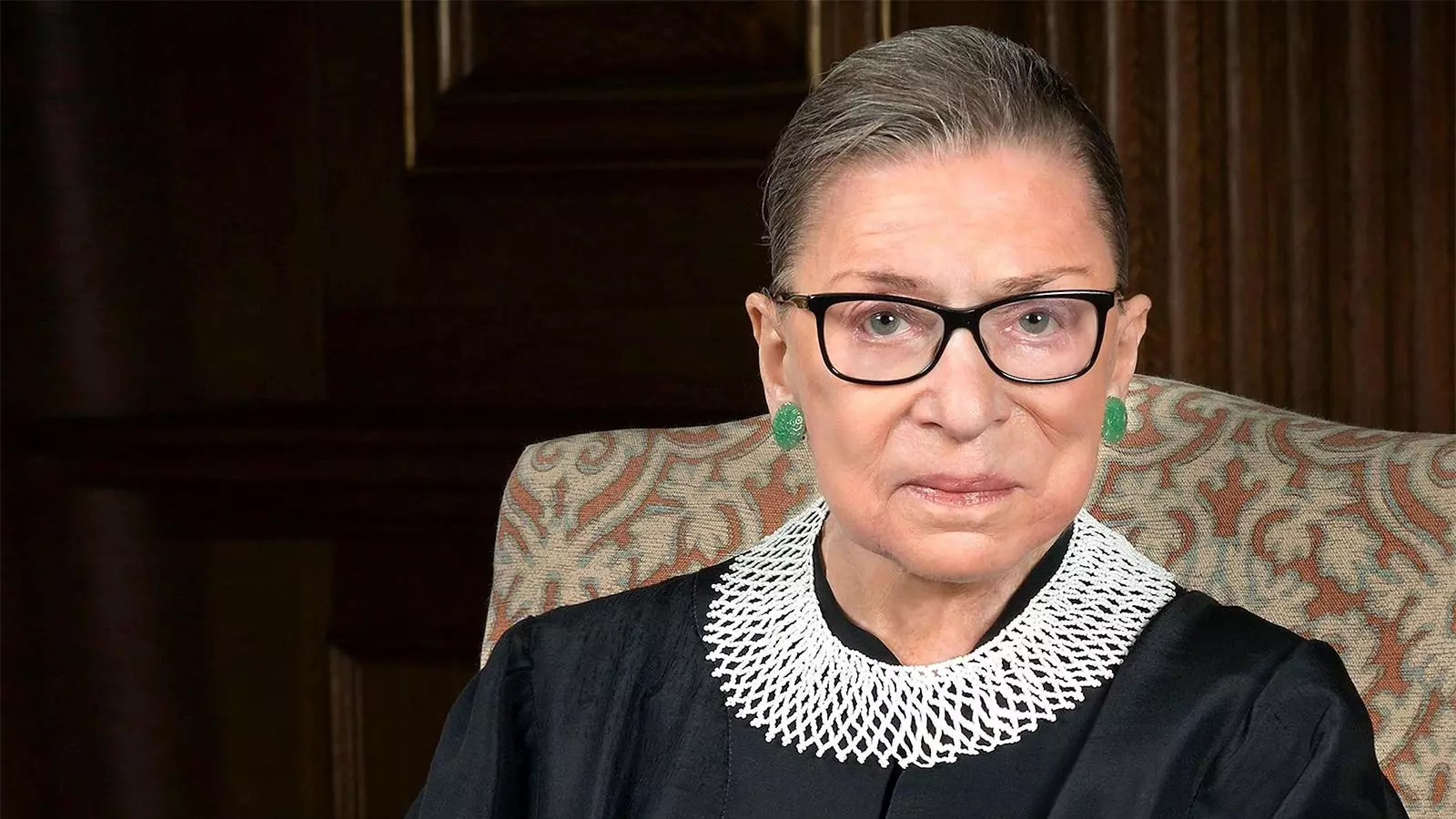In June 2023, a shocking event occurred that raised critical questions about privacy violations and ethical standards in the healthcare industry. Trent Russell, a former transplant coordinator from Bellevue, Nebraska, was sentenced to two years in prison for illegally accessing the health records of the late Supreme Court Justice Ruth Bader Ginsburg. This significant case not only highlights the repercussions of unauthorized access to sensitive information but also sheds light on the complex interplay of public interest, healthcare ethics, and personal accountability.
Russell, then 34 years old, worked for the Washington Regional Transplant Community, giving him privileged access to a vast array of hospital records across the region. His conviction stemmed from allegations that he accessed Ginsburg’s healthcare data at a time when speculation surrounding her health was at its peak. The matter became particularly concerning as the health of a Supreme Court Justice, a public figure, is not only a private affair but also part of a larger narrative regarding transparency and trust in the judicial system.
The jury found Russell guilty of illegally accessing health records and tampering with them, but they acquitted him of charges that he published false information online regarding Ginsburg’s death. Prosecutors maintained that Russell disclosed sensitive health information on online forums notorious for propagating conspiracy theories, including rumors about Ginsburg’s demise. This aspect of the case raises immediate questions about how easily accessible sensitive health information can lead to a cascade of misinformation and societal mistrust.
Motivations and Misguided Excuses
One of the most baffling elements of this case lies in Russell’s responses when confronted with his actions. His failure to accept responsibility was apparent, even going so far as to suggest that his cat could have inadvertently triggered the access to Ginsburg’s records. This absurd excuse, along with other implausible justifications, painted a picture of a man unwilling to confront the repercussions of his actions. As prosecutor Zoe Bedell pointed out, such conduct was viewed as “truly despicable,” underlining the importance of accountability in positions of trust, particularly within the healthcare sector.
As Russell’s lawyer attempted to introduce mitigating factors, including his former role as a life-saving transplant coordinator and military service, the court was left to grapple with the dissonance between Russell’s past contributions and his shocking breach of ethical norms. The defense’s argument that Russell’s actions stemmed from “being stupid” fails to resonate deeply, especially given the gravity of the violation and the potential harm to Ginsburg’s reputation and legacy.
Implications for Privacy and Vulnerability
The unique position held by Justice Ginsburg—the first Jewish woman and the second woman to serve on the Supreme Court—introduced an additional layer of complexity to the case. The prosecution emphasized that Ginsburg’s advanced age and health concerns made her a particularly vulnerable victim. They argued that Russell’s crime was exacerbated by the public discourse surrounding Ginsburg’s health, insinuating that his motivations were laced with a disturbing blend of opportunism and disregard for her privacy.
Conversely, the defense posited that Ginsburg’s public profile afforded her a level of immunity against the vulnerabilities typically associated with private citizens. This debate brings to the forefront a critical question about the nature of vulnerability in public life and the ethical responsibilities of those in the healthcare profession. Should public figures’ health information be more protected because of their status, or does their public profile give rise to a different set of considerations?
U.S. District Judge Michael Nachmanoff denounced Russell’s conduct during the sentencing, underscoring how lies—both in the courtroom and in his attempts to deflect blame—further eroded trust not only in Russell but in the healthcare community as a whole. The case serves as a somber reminder of the inherent trust that patients place in healthcare providers and the devastating effects that breaches of this trust can inflict.
Ultimately, Russell’s sentence sends a loud and clear message about the need for stringent safeguards surrounding healthcare information and the ethical responsibilities that accompany access to sensitive data. As society continues to grapple with issues surrounding privacy, especially in an age of relentless information sharing, this case stands out as a pivotal moment in the dialogue about the protection of personal health information, accountability, and the ethical obligations of those in the medical profession.


Leave a Reply